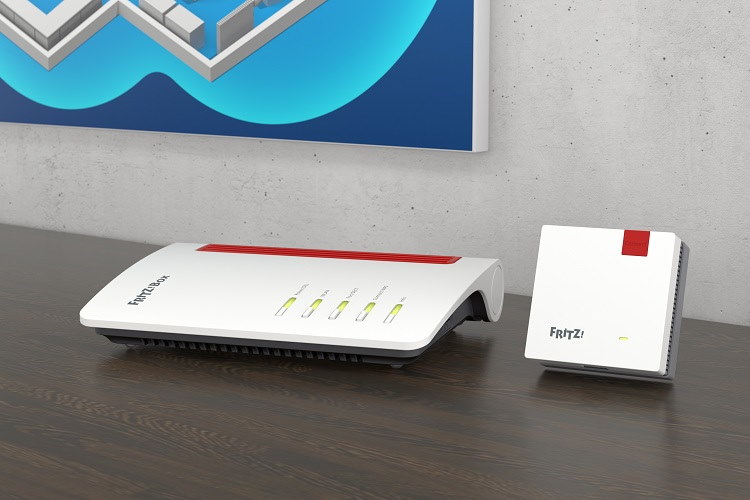Wi-Fi technology has become an essential part of internet users of our society, a reality that cannot be disputed, and that is deeply linked to the enormous evolution that the mobile device sector has experienced.
Yes, many people still keep the PC as their main computer for connecting and browsing the Internet, and in many cases continue to use wired connections, but the rise of smartphones has skyrocketed the popularity of Wi-Fi to such a high level that, Today, it remains the most widely used type of Internet connection in the world.
Its popularity is unquestionable, but despite this it is still surrounded by myths that have been transformed into lies that, even today, have a great impact on our society. We are aware of how problematic this can be, especially for users with less experience, and that is why we wanted to give shape to this article, where we are going to reel off five lies about Wi-Fi, which will be accompanied by five truths.
1. Wi-Fi does not offer good performance
Many people still believe that Wi-Fi is fine for basic Internet browsing, and little else. They think that its performance is not good enough to handle more complicated tasks, and that it is still much slower than wired connections.
There was a time when this was true, but it no longer makes any sense. The arrival of the Wi-Fi 5 standard pushed the speed of wireless connections above the 1 Gbps barrier, and right now we can enjoy a perfect experience playing 4K content in streaming with a Wi-Fi connection.
It is true that Wi-Fi connections are affected by distance, as well as interference and obstacles around them, but the truth is that under normal conditions they can offer fantastic performance.
2. Wi-Fi is a very limited technology
Another lie, in fact the opposite happens. Wi-Fi has undergone an enormous evolution since its conception in 1997. Its transfer speed has grown exponentially, and it has broken down barriers that, at the time, we could not have imagined.
But this is not all, the standard has also evolved to be more secure, more efficient, and to work better in environments with different types of devices.
As it is a technology that uses radio waves, it is obvious that it has limitations in important issues, such as range, but the truth is that this is not enough to consider it as a limited technology, since it is safe, fast and can work with many devices simultaneously without problem.

3. Wi-Fi is harmful and can affect health
There are still people who believe this story, and the truth is that it is very sad. As we anticipated, Wi-Fi has been around for many years, and during all those years no real evidence has been found to prove that Wi-Fi can harm our health.
It is true that there are studies of doubtful reliability that say otherwise, but these have lost all their meaning when confronted by others much more reliable that confirmed that Wi-Fi is harmless for humans.
The truth is that, Wi-Fi is not bad for your health. Studies by important entities such as the Scientific Advisory Committee on Radio Frequency and Health (CCARS) have confirmed this.
4. All obstacles affect Wi-Fi equally
We have talked a lot about this topic, but it continues to generate doubts and misunderstandings. It is not true, in fact the opposite happens, each type of material affects the Wi-Fi signal differently.
For example, mirrors, large bodies of water and plasterboard are the elements that most affect the signal, so much so that they can destroy it almost instantly.
In contrast, other materials such as wood, for example, have a much lower impact, since they let most of the signal pass through them.
5. Wi-Fi is not secure
Without a doubt one of the most widespread lies. Many people still believe that breaking a Wi-Fi connection is something very easy, but the truth is that the opposite happens, as long as certain minimum conditions are met.
This technology, being a wireless connection that can be publicly exposed, has a higher risk than a wired connection, but if we use strong passwords and hide the network name (SSID), its security level will be so high that it will be practically impossible. that we end up suffering an intrusion.
Something as simple as a strong password can make the difference between a secure or insecure network, so keep that in mind.
